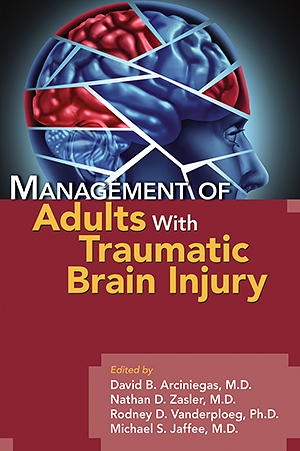Sections
Excerpt
Although the vast majority of individuals who have traumatic brain injuries (TBIs) categorized as “mild” and who have been diagnosed with “concussion” return to baseline functioning within several months, a subset of individuals experience persistent symptoms that affect quality of life. These symptoms may occur in less than 5% of individuals with mild TBI (mTBI), and are significantly influenced by non-injury-related factors (McCrea et al. 2009). Several factors are implicated in prolonged symptoms, including the pathophysiology of the injury, preinjury factors (e.g., preexisting psychiatric and subance use problems, previous TBI, intelligence, gender, age, personality style), and postinjury factors (social support, availability of adequate treatment, litigation/compensation) (Carroll et al. 2004; McAllister 2011). This paradigm serves as a guide to the evaluation of the patient with persistent symptoms after a concussion.
Access content
To read the fulltext, please use one of the options below to sign in or purchase access.- Personal login
- Institutional Login
- Sign in via OpenAthens
- Register for access
-
Please login/register if you wish to pair your device and check access availability.
Not a subscriber?
PsychiatryOnline subscription options offer access to the DSM-5 library, books, journals, CME, and patient resources. This all-in-one virtual library provides psychiatrists and mental health professionals with key resources for diagnosis, treatment, research, and professional development.
Need more help? PsychiatryOnline Customer Service may be reached by emailing [email protected] or by calling 800-368-5777 (in the U.S.) or 703-907-7322 (outside the U.S.).



